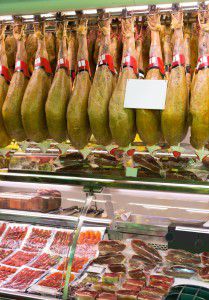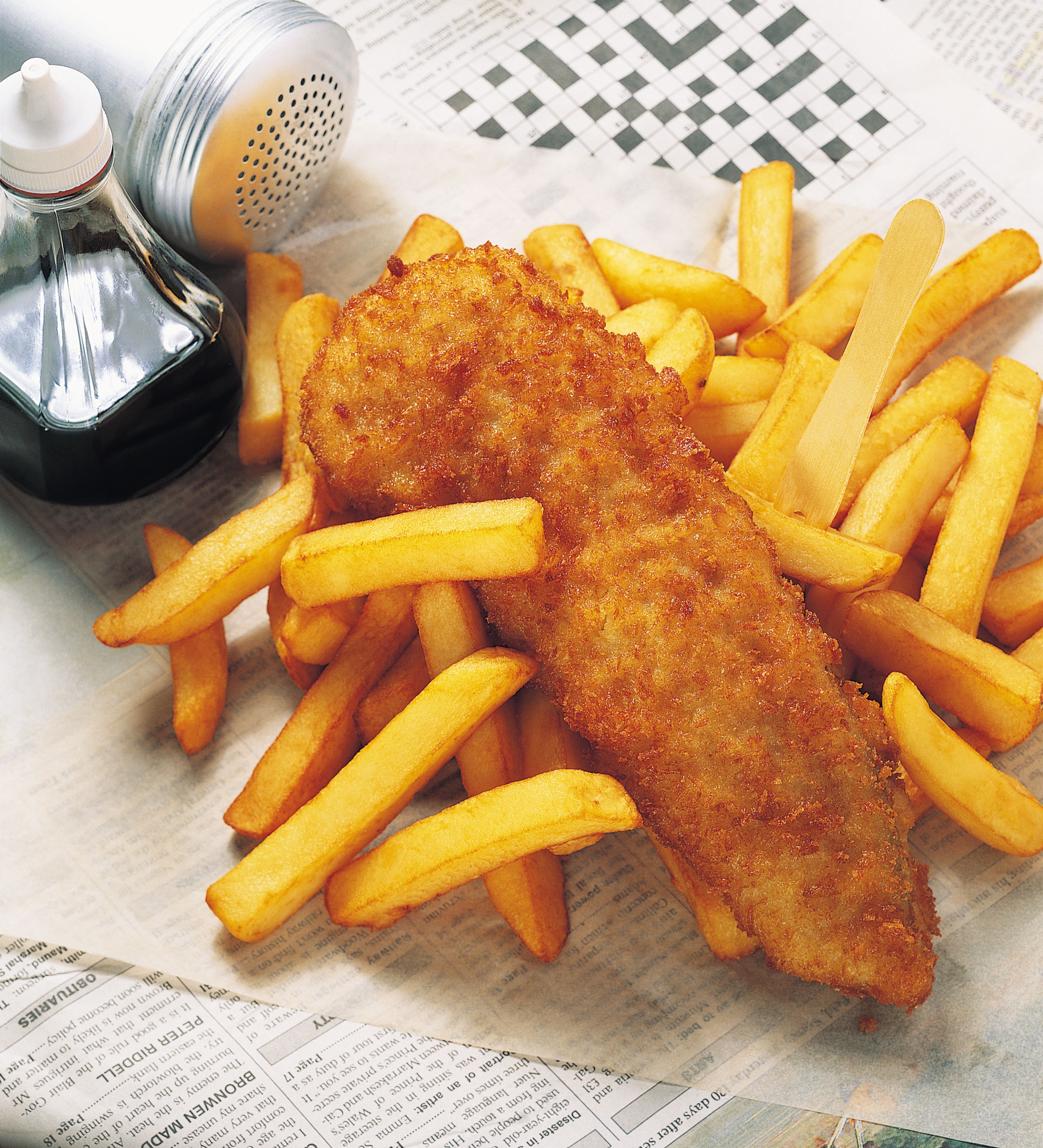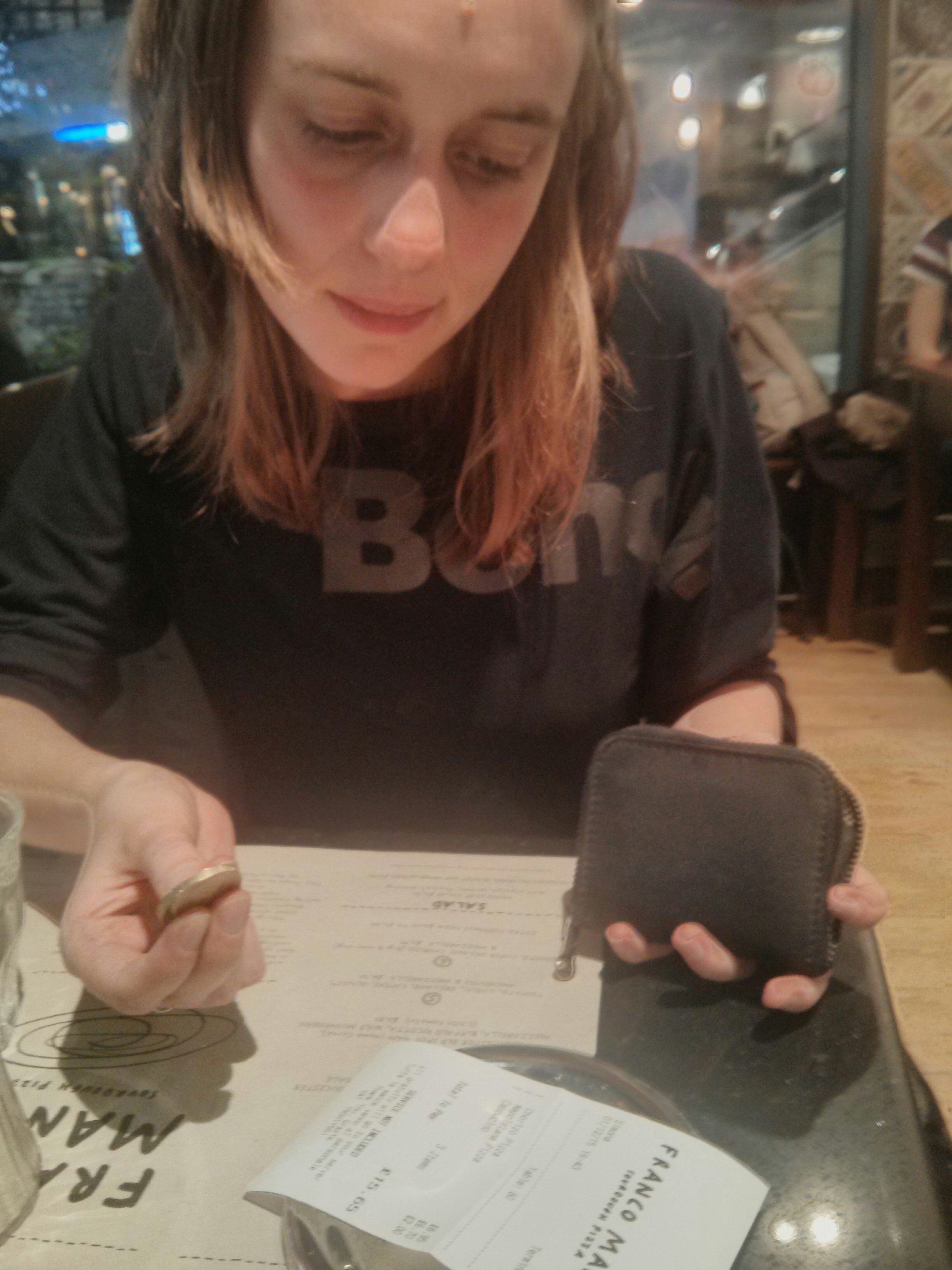A few of our favourite things…
Today is a big day here in the UK, as we’re voting in a referendum to decide our future in the European Union. A lot’s been said on both sides of the debate, so we won’t repeat any of the arguments for or against Brexit.
Instead, lets focus on the rich and fascinating cultures of both the UK and Europe. And who better to ask about their favourite things about them than our lovely staff?
Our colleagues from overseas have come up with some interesting things they love about the UK:
Nikolay (Bulgaria) – I ♥ British humour and specifically panel shows! Can’t get enough of “Mock the Week”, “QI”, “Would I Lie to You?”, “Have I Got News for You” etc.
Pablo (Spain) – People’s politeness and patience. In crowded places like in the centre, underground or the streets full of cars, is where you can notice it the most. The only way you can survive from bursting into a full crisis is with both qualities. I really really love that.
Sandra (Poland) – For me it is the Sunday roast, and fish and chips. Living with a lovely bunch of friends who love to cook means that I get to discover some great British dishes, and also that I love to have gravy with almost every meal!
Aditya (India) – I enjoy the British weather, in particular that I love the rain and cloudy weather! Originating from Delhi and having also lived in Dubai, I am rather fed up of the heat/sun.
Ioana (Romania) – Before I came to Britain I thought the idea of tea and milk is disgusting. Now I’ll have a cuppa if I’m sad, happy, with friends, by myself, in the morning or in the evening, there is just something incredibly comforting in a hot cup of tea. Especially on rainy days.
And here are some thoughts from our British colleagues…
Brett – I think the obvious one here is pizza!
Phil – European beaches are the best 🙂
Simon – I visited the Sagrada Familia on my recent trip to Barcelona, and it is an absolutely incredible building, with exceptional architecture.
Safia – I love Italian hot chocolate, you can eat it with a spoon!
Liz – The pain au chocolat… it’s a miraculous culinary invention that brightens up the dullest morning…!
Over to you! Brits – what do you love about Europe? And non-Brits, what’s your favourite thing about the UK? 🙂
Fancy a cuppa? Got time for a brew?
Travel around the UK a bit and you’ll find that tea is not just known as ‘tea’: so ubiquitous is it that there are plenty of regional and affectionate names for our favourite drink. A cuppa, a brew, a cup of char, a Rosy Lee (Cockney rhyming slang), a builder’s will all get you the same thing: a nice cup of steaming hot, milky tea. Lovely!
Tea is so important to us that it’s even filtered into our everyday language and is integral to some of our common idioms. Here are a few examples:
Not for all the tea in China!
You want me to do what?? Not for all the tea in China! Essentially meaning that you wouldn’t do something, no matter how good the reward.
It’s not my cup of tea.
Are you enjoying this programme? Not really- it’s not my cup of tea. Very simply, if something’s not your cup of tea, you don’t like it.
As useful as a chocolate teapot.
Fairly self-explanatory: not useful in the slightest.
Tea and sympathy
If someone’s upset, you might give them tea and sympathy (a nice strong cup of hot tea offering, of course, immeasurable comfort).
Tea leaf
Oy! That tea leaf’s ‘alf-inched me wallet! In Cockney rhyming slang, a tea leaf is a thief! (And, in case you’re wondering, to half inch is to pinch.)
Can you think of anymore tea idioms? Lets us know on Twitter or Facebook.
To tip or not to tip?
A social dilemma you’re bound to fall into at some point is whether or not to tip – and how much! Tip too little and you risk the waiter chasing you down the street shouting abuse; tip too much and you might gravely offend the staff. Tipping customs vary all over the world, between different countries and regions (not to mention situations), so do your research before you travel!
How much should you tip?
In the USA, tipping is mandatory and fairly high, with 15-20% being expected. Service wages are fairly low, meaning people factor tips into their pay, and waiters will ask you where their tip is if you haven’t left one.
In the UK, tipping is more relaxed and is never really expected in a pub or cafe, or anywhere with self-service. In restaurants, 10% is usually expected, but if you feel the service was poor then you can express this by not leaving a tip.
Move into Romania, however, where 10% is also recommended (more if you’re really happy with the service), and not leaving a tip would be considered very rude: do not try to return to a restaurant where you didn’t leave a tip.
Drinking tips
In lots of countries in Europe, the traditional attitude towards tipping can be seen in the language: German ‘Trinkgeld’, Swedish ‘dricks’ and Danish ‘drikkepenge’ all mean ‘money for drinking’, as does the Slovak ‘prepitné’, French ‘pourboire’, Slovenian ‘napitnina’, Serbian ‘напојница’ and Croatian ‘napojnica’. The idea behind this is that you just round the bill up or leave a few coins, as a contribution towards a drink for the waiter.
Further East, the direct translation is even more specific: in Russia, you leave money ‘for tea’ (‘чаевые’). The same is true of Kazakh‘s ‘шайлық’ (шай- shai- tea’), Uzbek‘s ‘чойчақа’ and Tajiki‘s ‘чойпулӣ’).
Beware, however, that tipping practices have changed significantly and just a few coins often won’t cut it any more in these countries: be prepared for at least a 10% tip, as a broad guideline.
When not to tip
So far, the problem has only been how much to tip, and if you’ve accidentally tipped too much in America or Europe, it won’t cause any massive problems. But in some areas the attitude towards tipping changes drastically.
In Malaysia, Singapore and Japan tipping is not practised at all and could be considered odd or even offensive.
In Georgia, it can be seen as an affront to the notion of hospitality. Beware as well that a tip can easily be misconstrued as a bribe, which you definitely don’t want to get in trouble for, so make sure you look up before travelling whether tipping is normal practice in the country you’re visiting!
Have you ever been caught out by tipping etiquette?
Nat
Supermarket Swipe
I’m a Morrisons kind of girl.
And when I look longingly into my box of Yorkshire Tea and see nothing but tealeaf dust, I miss it.
I miss a store layout I recognise. I miss being a ble to identify what things are without imaginative guess work and Google Translate. But most of all, I miss English products.
ble to identify what things are without imaginative guess work and Google Translate. But most of all, I miss English products.
When you are far from home and craving custard, and the mere pronunciation of the word ‘vanilla’ fills shop assistants with mirth, you too will experience saudade at the thought of your local supermarket. Because supermarkets abroad sell all manner of things that you would not expect to find. And asking for help when you aren’t exactly sure what you’re asking for is everything from embarrassing to adventurous.
It’s tricky out there.
My fellow Brits abroad: on returning home, don’t be surprised if you feel the sudden urge to run into your nearest supermarket and pull the fishmonger into a tight embrace. Just make sure he doesn’t have a fish filleter in his hand when you do.
Still, never let it be said that there aren’t delightful discoveries to be made Out There. Here is a selection of my own that I haven’t yet decided if I am looking back on with fright or fondness.
China
China might be a bit of an outlier in the joy of supermarket shopping. The ones I went to were the full several-floor ‘we sell everything you can think of and probably some things you have nightmares about’ flavour, with counters offering up an array of unknowns and unidentifiables.
If you are an avid coffee drinker, it might be wise to take a stash of your own. Those crimes-against-coffee all-in-one sachets of coffee, milk powder and sugar are enough to make any coffee aficionado turn and weep.
Something that truly delighted me in Chinese supermarkets (and yes. I am easily amused) was that you can buy milk in pouches. Rather than the cartons we are used to in the UK, milk here – and expect a wide variety of dairy, soya and rice milk – is often sold in these thick, plastic pouches that have a satisfying squishy feeling when you juggle them in your hands. Not that you should really do that. Unless you want an audience.
Hungary
 Hungary is the land of paprika and sour cream. Paprika comes in different strengths of spiciness and there are either ‘regular’ or ‘sweet’ varieties to choose from. Sour cream (tejfol) has all sorts of uses in both sweet and savoury dishes, and you can buy it in all manner of sizes – from the small cartons arranged like pots of fromage frais, to the litres of the stuff in containers the size of those value packs of magnolia paint at B&Q. (It is also apparently a very effective ‘after sun’, but I’m not sure about that.)
Hungary is the land of paprika and sour cream. Paprika comes in different strengths of spiciness and there are either ‘regular’ or ‘sweet’ varieties to choose from. Sour cream (tejfol) has all sorts of uses in both sweet and savoury dishes, and you can buy it in all manner of sizes – from the small cartons arranged like pots of fromage frais, to the litres of the stuff in containers the size of those value packs of magnolia paint at B&Q. (It is also apparently a very effective ‘after sun’, but I’m not sure about that.)
Supermarkets in Hungary are generally smaller than you may be used to at home, but they are pretty well stocked. For some reason, apples are on the pricey side, but the fact that you can buy cherries (both normal and sour, which are delicious) and all manner of berries for a fraction of the price you’d pay at home more than compensates. Another surprising thing is that Spar is an actual supermarket, rather than the emergency-chocolate-fix kind of place that I am used to.
Spain
 Pig legs. Whole pig legs, right down to hoof, are dangled from ceilings and fanned out on counters in enticing displays. This is not a delicacy, but an everyday food product that you will find in many a Spanish kitchen. Ham is so important to Spaniards you could say it is part of the culture. From jamón serrano to jamón york, and a whole spectrum in between, you will never be short of ham if you need it.
Pig legs. Whole pig legs, right down to hoof, are dangled from ceilings and fanned out on counters in enticing displays. This is not a delicacy, but an everyday food product that you will find in many a Spanish kitchen. Ham is so important to Spaniards you could say it is part of the culture. From jamón serrano to jamón york, and a whole spectrum in between, you will never be short of ham if you need it.
For those of you who like to bake, be prepared to make some product replacement choices. Butter and margarine is available here but since most cook and bake with oil instead, and pour oil on their toast in the morning, you might not find exactly what you were looking for.
Alcohol is incredibly cheap here, and very good quality. Good wine is pretty much a given, and when you can buy nice cava for under two euros, or a can of beer for less than 30 cents, you can wonder at how people aren’t walking around constantly merry all day long.
There is a huge range of disposable products in Spanish supermarkets, including napkins, tissues and kitchen roll. And plates, bowls and cups. They even have the ‘balloon’ glasses in plastic form, just in case you decide on a cheeky gin and tonic on an impromptu picnic.
Finland
Our last whistle-stop on the supermarket tour is in the beautiful Finland, with large supermarkets of enough content to satisfy even the most dithering of customers (me). There are more varieties of sausage here than I have ever seen in my life, delicious rye breads, and very good cheese and salami.
One thing that threw me a little was an ‘addition’ to the toilet tissue aisle that I hadn’t anticipated. Since Finland is the land of the sauna, and more importantly, the all-naked sauna, there are disposable sauna ‘tissues seats’ for you to sit on that you can purchase in multipacks, ready for your public sauna experience. If you have your own sauna, and what self-respecting Finn doesn’t, you should of course purchase your own special sauna ‘pad’, which comes in a range of covers, colours and thicknesses. It is a whole new world.
These items might seem like an odd collection of things, and in many ways they are. But on a day when all you want is the home comfort of knowing in which aisle to find a tin of beans, good tea bags, and a bakewell tart, the call of the home supermarket is strong. Especially the bakery aisle. Oh, how I miss the bakery aisle…
Kelly
uTalk Election: a guide to political jargon
It’s General Election Day here in the UK, and as (hopefully) everyone heads to the polls to cast their vote, we’ve been considering some of the strange vocabulary associated with politics. Sometimes it can seem like a whole new language, so we’ve put together a little guide to a few of our favourites. Has anyone got any more examples to add?
Psephology
The scientific study of historical voting and voting patterns. The word is derived from the Greek psēphos which means pebble; the ancient Greeks used pebbles in voting.
Gerrymandering
When the borders of an electoral constituency are changed, resulting in an increased number of people in that area who’ll vote for a particular party or candidate.
Manifesto
From the Italian word meaning ‘clear’ or ‘obvious’, in election terms a manifesto is a public statement of a party or candidate’s intentions and promises, should they be elected.
Chiltern Hundreds
Members of Parliament aren’t officially allowed to resign their seat, so in order to do it they have to go through a legal procedure known as ‘taking the Chiltern Hundreds’. This involves them being elected to an ‘office of profit’, which means they can’t be an MP any more. The procedure was invented by John Pitt in 1750, when he was appointed as Steward of the Chiltern Hundreds in order to resign his seat and take another.
Hung Parliament
This is what happens when no party gets a clear majority and therefore can’t form a government, so one or more parties may form a coalition – as happened in the UK in 2010 – or another election may be necessary.
Red Lines
The promises made by a party that they won’t change and on which they’re not prepared to negotiate, even if they find themselves part of a coalition government.
Landslide
When one party wins by a large majority: a landslide of votes.
Purdah
The period immediately before an election, usually six weeks. During this time, there are restrictions on the announcement of new government initiatives or policy decisions, which could give one party an advantage over others.
Floating voters
People who haven’t quite made up their minds yet on who to vote for – and who are therefore a target for campaigning candidates.
Swithering
Much like a floating voter, this is someone who switches their allegiance from one party to another in the run-up to the election.
Canvassing
Nothing to do with tents, this is when a candidate and their team speak to voters face to face (or sometimes by telephone) before an election. The main purpose of canvassing is to find out how people intend to vote and identify supporters.
If you’ve got an interesting word or phrase to add to our list, let us know in the comments!







